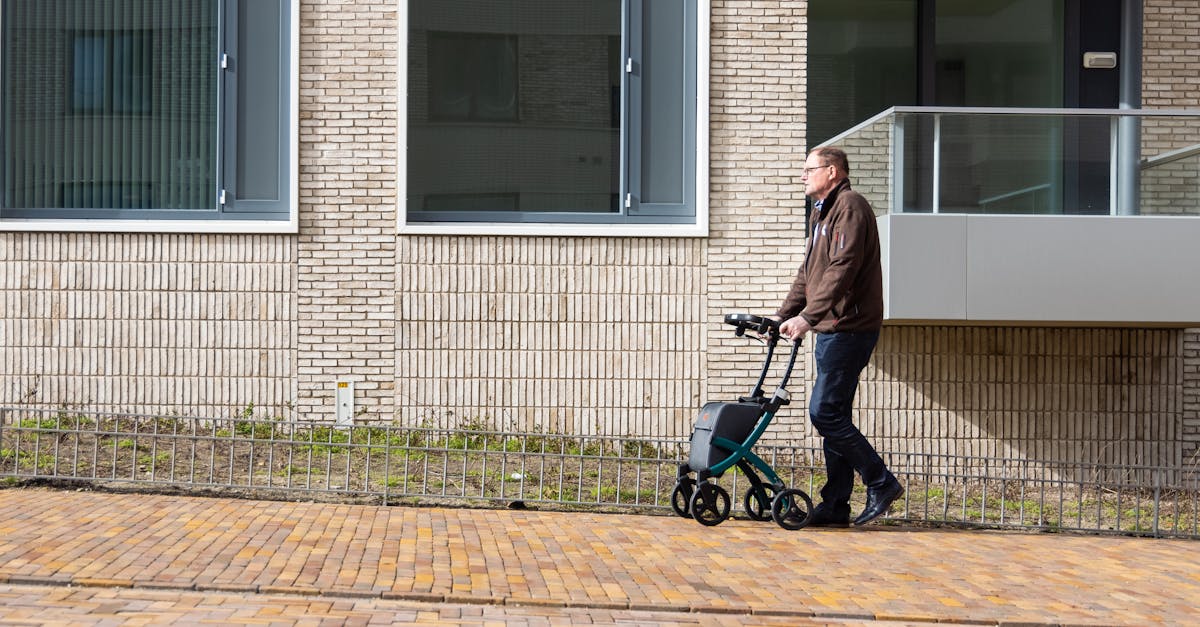Understanding Assisted Living Facilities
Introduction
Assisted living facilities play a crucial role in providing a supportive environment for seniors who need help with daily activities. They offer a balance between independence and assistance, catering to individual needs. As a popular option for aging adults, understanding these communities is essential for making informed decisions.
Advertisement
What is Assisted Living?
Assisted living is a housing option for older adults who require some level of assistance with daily tasks such as bathing, dressing, or medication management. These facilities provide personalized care services while allowing residents to maintain a degree of independence. They are a great middle ground for those not needing round-the-clock medical care but still requiring support.
Advertisement
Services Offered
Assisted living facilities offer a range of services designed to enhance the residents' quality of life. This includes housekeeping, meal preparation, transportation, and recreational activities. Health and wellness programs tailored to individual needs are often available, ensuring a holistic approach to each resident's well-being.
Advertisement
Social Engagement
One of the significant advantages of assisted living is the sense of community it offers. Facilities often organize events, activities, and clubs where residents can interact and form friendships. This social support is vital in combating loneliness and enhancing mental health among seniors.
Advertisement
Safety and Security
Assisted living facilities prioritize the safety and security of residents. Most are equipped with security measures such as emergency call systems, alarmed entries, and 24-hour monitoring. Additionally, staff are trained to handle emergencies, ensuring a safe environment for residents.
Advertisement
Costs and Funding
Understanding the financial aspect of assisted living is crucial. Costs can vary depending on the level of care and location, but many facilities offer various funding options. Medicaid, veterans' benefits, and long-term care insurance are some ways families might offset expenses.
Advertisement
Choosing the Right Facility
Selecting the right assisted living facility involves considering the needs and preferences of the senior. Key factors include location, services offered, staff qualifications, and community reputation. Tours and trial stays can also provide insights into the facility's ambiance and service quality.
Advertisement
Transitioning to Assisted Living
Moving to an assisted living facility can be challenging for seniors and their families. To ease this transition, involving the senior in decision-making and gradually acclimating them to the new environment can be beneficial. It's crucial to focus on the positive aspects and opportunities the facility offers.
Advertisement
Benefits of Assisted Living
Assisted living can significantly enhance the quality of life for seniors by promoting independence while providing necessary care. It offers a structured, balanced lifestyle, reducing the stress on family caregivers and providing peace of mind. The holistic approach to health and wellness is another commendable benefit.
Advertisement
Conclusion
In summary, assisted living facilities provide a valuable solution to the challenges faced by seniors requiring assistance. They offer a supportive yet independent environment enhanced by tailored care and community engagement. When chosen wisely, these facilities can significantly improve the happiness and health of the elderly.
Advertisement


